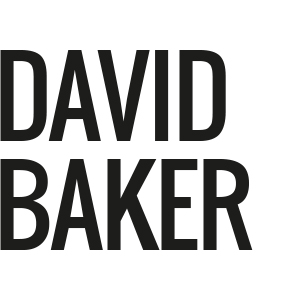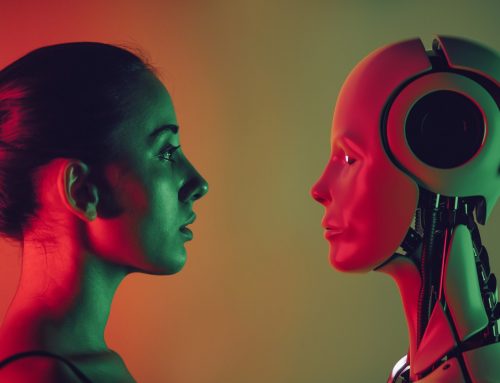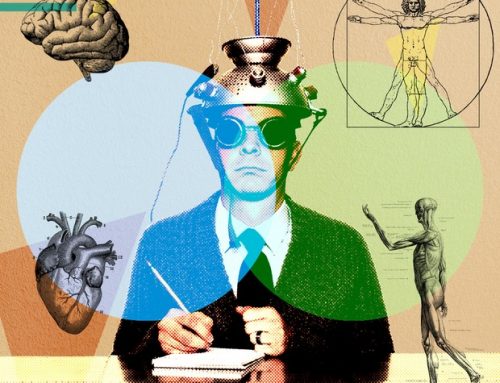The high-paying jobs will be the ones robots can’t do
Wired, March 2012
You have probably by now read Race Against The Machine by MIT researchers Erik Brynjolfsson and Andrew McAfee. Their vision — that, in the near future, computers will have taken over most of our jobs — has caused consternation and self-reflection among those, especially journalists, whose jobs seem to be ripe for technifying.
Their argument is compelling. Technology is now advancing very fast indeed: ten years ago there were ten million transistors on a standard processor (the Pentium III). Today there are a billion. In ten years’ time there’ll be eight billion, even allowing for the Moore’s-Law-drop-off brigade. And that means that tech is moving in ruthlessly on the things we used to think it couldn’t do.
Why this is important, even to non-tecchies, is that, once computers can do a job, no employer will want to pay a human more than the cost of the machine. This will lead to an alarming redistribution of income.
Fast forward to, say, 2022 — when we’ll have an internet of linked computers, each with eight billion transistors — and salaries will look very different. If you drew a graph, with jobs ranked along the x-axis in order of tech-savviness, and income up the y-axis, you would get a kind of flat-bottomed U. On the left, their salaries soaring into the stratosphere, will be the entrepreneurs, either creating the tech that eats up our jobs, or using it to create more wealth. In the middle would be most of us — engineers, salespeople, designers and, yes,bankers — earning almost nothing as machines do our jobs with greater efficiency. And at the other end, their salaries also high, will be the jobs that tech can’t reach, such as carers, counsellors and waiters. AI is famously terrible at locomotion and charm.
We already know how to be tech entrepreneurs, so it’s on that end of the graph that people focus. But it’s the tech-immune jobs at the other end that should demand attention. They present an opportunity to find out more about what it means to be human. These are the jobs that involve skills furthest of all from the grasp of tech: skills we call “soft”, such as empathy, compassion, nurturing and trustworthiness. And soon they’ll be the big earners.
These skills are “un-AI” attributes that computers will find hard to demonstrate convincingly. When so many of us find our jobs done better by machines, we’ll have no choice but to look for that essence of our work that is still untouchable by technology — becoming carers, campaigners and craftspeople, perhaps. It’ll be strange and rather exciting to find nurses on bankers’ salaries and bankers out of work — unless you’re a banker, that is. But it will be a scary time unless we find that human essence. And we need to find it fast, before it turns out that this piece was written by a bot that never sleeps, from a dusty server farm in the Nevada desert.






